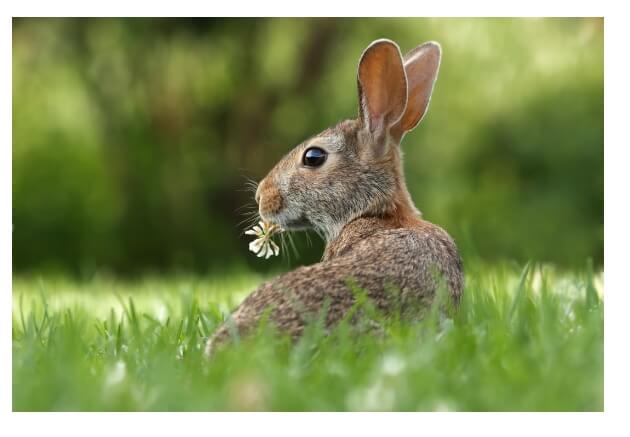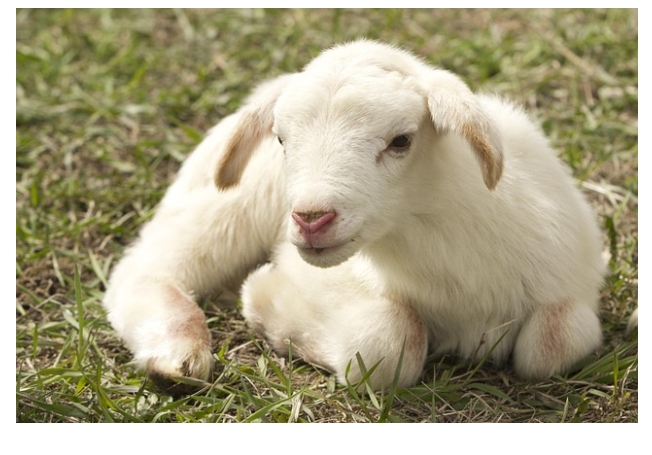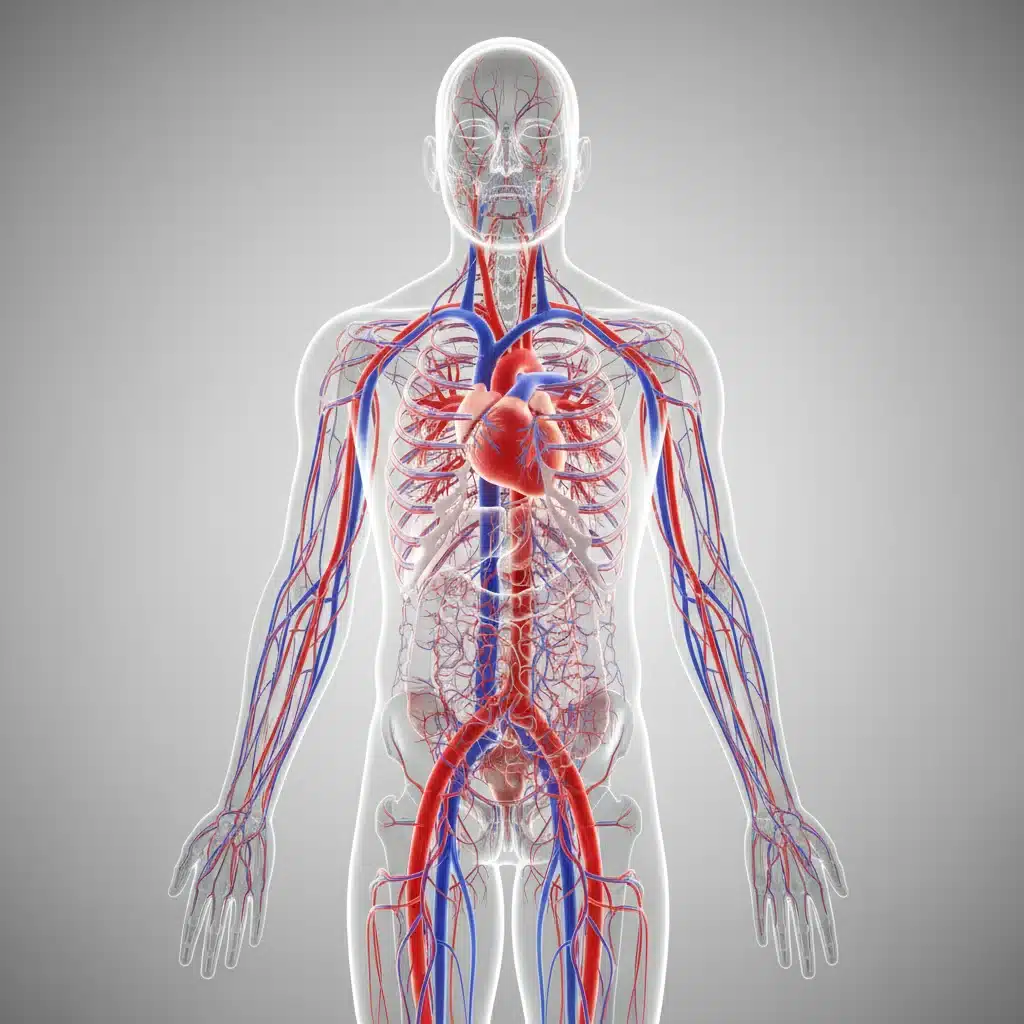Agricultural Science Primary 5 Third Term Lesson Notes
Diseases of Farm Animals
Week 10: Common Diseases of Farm Animals
Lesson Title: Understanding Common Diseases of Farm Animals
Class: Primary 5
Term: Third Term
Week: 10
Duration: 60 minutes
Age: 9 – 10 years
Subject: Agricultural Science
Topic: Common Diseases of Farm Animals
Sub-topic: Symptoms, Transmission, Prevention, and Control of Animal Diseases
Lesson Objectives
By the end of the lesson, pupils should be able to:
-
Outline the symptoms of some common farm animal diseases.
-
Identify the mode of transmission of diseases in farm animals.
-
Suggest preventive and control measures for each disease.
Keywords
-
Disease – A sickness that affects animals or humans.
-
Symptoms – Signs that show an animal is sick.
-
Transmission – How diseases spread from one animal to another.
-
Prevention – Ways to stop diseases before they happen.
-
Control – Methods to manage and treat diseases in farm animals.
Set Induction (Interactive Class Discussion)
Teacher: “Class, have you ever seen a sick animal before?”
Pupils: Yes!
Teacher: “How did you know the animal was sick?”
David: It was not eating, sir!
Aisha: My uncle’s goat had sores on its skin.
Teacher: “Good observations! Animals can get sick just like humans. Today, we will learn about common diseases of farm animals, how they spread, and how to prevent them.”
How Mr. Adewale Contained a Disease Outbreak on His Poultry Farm
In the heart of Oyo State, just outside Ibadan, lived a poultry farmer named Mr. Adewale, a father of three and proud owner of Bright Feathers Farms. His poultry business was doing well—until disaster struck.
One rainy Tuesday morning, he noticed that several chickens were sneezing and huddled in corners. Their feathers looked ruffled, and they had watery eyes. By the second day, some birds stopped eating completely. Within 72 hours, 20 chickens had died.
Panic set in. Mr. Adewale had never experienced such sudden loss. He rushed to call Dr. Fadeke, a local veterinary doctor. After a quick inspection, she delivered the news: Newcastle Disease. It was highly contagious and deadly for poultry.
When she asked about vaccination, Mr. Adewale looked down in regret. “I thought the birds were too young… and I was trying to save cost.”
Dr. Fadeke shook her head. “Vaccination isn’t optional. Prevention is always cheaper than cure.”
Together, they quickly sprang into action:
-
Quarantined the sick birds away from the healthy ones.
-
Burned the dead chickens to avoid further contamination.
-
Disinfected the entire coop with antiviral solution.
-
Vaccinated the remaining flock immediately.
Within a week, the spread was contained. Though he lost some birds, Mr. Adewale learned a powerful lesson:
“A farmer who ignores vaccination is like a driver who refuses to fix his brakes—disaster is just a matter of time.”
Lessons for Pupils
-
Always vaccinate farm animals at the right time.
-
Don’t delay in calling a vet when animals show signs of illness.
-
Cleanliness and quick action can save an entire farm.
Entry Behavior
Pupils have seen sick animals before and may have observed their symptoms.
Learning Resources & Materials
-
Charts showing different sick farm animals.
-
Videos or pictures of healthy vs. sick animals.
-
Flashcards with disease names and symptoms.
-
PowerPoint presentation on animal disease prevention.
Building Background Knowledge
Teacher: “Imagine you have a goat, and one day, it stops eating, starts coughing, and has watery eyes. What would you do?”
Chinedu: I will give it food and water.
Halima: I will take it to a vet doctor.
Teacher: “Good answers! Taking care of sick animals is important. But what if we can prevent the sickness before it happens? Let’s learn how!”
Embedded Core Skills
✅ Critical Thinking – Pupils will analyze symptoms and identify diseases.
✅ Communication – Pupils will discuss and share ideas.
✅ Observation – Pupils will learn to spot signs of illness in animals.
✅ Problem-Solving – Pupils will think of ways to prevent and control diseases.
Lesson Content
1. What Are Animal Diseases?
Animal diseases are sicknesses that affect farm animals, making them weak, unproductive, or even causing death. Just like humans, animals can get infected by bacteria, viruses, fungi, and parasites.
2. Common Diseases of Farm Animals
Below are some diseases that affect farm animals:
| Disease | Symptoms | Animals Affected | Mode of Transmission |
|---|---|---|---|
| Foot and Mouth Disease | Fever, sores in the mouth and feet | Cattle, Sheep, Goats | Spread through contact with infected animals |
| Newcastle Disease | Sneezing, coughing, paralysis, watery eyes | Poultry (chickens, ducks) | Airborne virus, contaminated feed |
| Anthrax | Sudden death, bleeding from nose, mouth, and anus | Cattle, Sheep, Goats | Contact with infected soil or meat |
| Mange | Severe itching, skin peeling, hair loss | Goats, Cows, Pigs | Spread through direct contact with infected animals |
| Rabies | Aggressive behavior, foaming at the mouth, paralysis | Dogs, Cattle, Sheep | Spread through the bite of infected animals |
| Trypanosomiasis (Sleeping Sickness) | Weakness, weight loss, fever | Cattle, Horses | Spread by tsetse fly bite |
3. Mode of Transmission of Animal Diseases
Animal diseases can spread through:
-
Direct contact – When healthy animals touch infected ones.
-
Contaminated food and water – Eating or drinking from dirty sources.
-
Insect bites – Some insects, like tsetse flies, spread diseases.
-
Airborne transmission – Some diseases spread through the air.
4. Prevention and Control of Animal Diseases
To keep farm animals healthy, farmers should:
✅ Vaccinate animals – Vaccines prevent deadly diseases like Newcastle Disease and Rabies.
✅ Maintain cleanliness – Clean animal pens and remove waste regularly.
✅ Provide healthy food and water – Good nutrition boosts animal immunity.
✅ Quarantine sick animals – Separate sick animals to prevent the spread of disease.
✅ Regular veterinary checkups – A vet can detect and treat diseases early.
✅ Use pest control methods – Reduce the number of flies, ticks, and mosquitoes on the farm.
5-Step “Healthy Farm Animals Plan” (V-C-F-Q-V)
To help farmers (and young learners!) remember how to keep animals healthy, we use the V-C-F-Q-V formula:
| Step | Meaning | Action to Take |
|---|---|---|
| V | Vaccinate Early | Give animals vaccines at the right age to prevent deadly diseases. |
| C | Clean the Pens Daily | Remove waste, leftover food, and disinfect pens to stop infections. |
| F | Feed Them Properly | Provide clean water and balanced food to boost immunity. |
| Q | Quarantine the Sick | Isolate sick animals quickly to stop disease spread. |
| V | Visit the Vet Regularly | Schedule check-ups even when animals look healthy. |
How to Remember It:
Say it out loud — “Very Clean Farms Quickly Vaccinate!”
Class Activity (FAQ for Discussion)
-
What are farm animal diseases?
-
Diseases that affect farm animals and make them sick.
-
-
How do animals get sick?
-
Through dirty food, insect bites, and contact with sick animals.
-
-
Why do farmers vaccinate animals?
-
To prevent deadly diseases like Newcastle Disease and Rabies.
-
-
What should a farmer do if an animal is sick?
-
Call a vet, separate the sick animal, and clean its shelter.
-
-
Can humans get diseases from animals?
-
Yes! Some diseases, like Anthrax and Rabies, can affect humans too.
-
Healthy Farm Animals Compared With Sick Farm Animals
| Behavior | Healthy Animal | Sick Animal |
|---|---|---|
| Eating | Eats eagerly | Refuses to eat |
| Movement | Active and alert | Weak or lying down |
| Eyes | Bright and clear | Dull, watery, or red |
| Sound | Normal bleating/clucking | Silent or unusual sounds |
| Body | Smooth skin/fur | Sores, hair loss, or peeling |
Animal Disease, Symptoms, Mode of Transmission, and Prevention
| Disease | Symptoms | Transmission | Prevention & Control |
|---|---|---|---|
| Newcastle Disease | Sneezing, coughing, paralysis, watery eyes | Airborne virus, contaminated feed | Vaccinate poultry, maintain cleanliness, isolate sick birds |
| Foot and Mouth Disease | Fever, sores in mouth & feet | Contact with infected animals | Isolate infected animals, disinfect farm equipment, vaccinate |
| Rabies | Aggressive behavior, foaming at the mouth | Bite from infected animals | Vaccinate animals, avoid contact with wild animals |
| Mange | Severe itching, hair loss, skin peeling | Direct contact with infected animals | Quarantine sick animals, treat with medication |
| Anthrax | Sudden death, bleeding from nose & mouth | Contact with infected soil or meat | Proper disposal of carcasses, avoid contact with infected areas |
Assessment (Fill-in-the-Blanks with Options)
Part A: Objective Questions
-
Diseases that affect farm animals are called __________.
a) Vaccines
b) Infections
c) Animal diseases
d) Feeds -
The virus that causes Newcastle Disease affects __________.
a) Goats
b) Chickens
c) Cows
d) Rabbits -
Rabies is spread by __________.
a) Drinking dirty water
b) Eating contaminated food
c) Bites from infected animals
d) Sleeping outside -
Which of these is NOT a mode of disease transmission?
a) Direct contact
b) Vaccination
c) Insect bites
d) Contaminated food -
The best way to prevent animal diseases is __________.
a) Feeding them grass only
b) Ignoring sick animals
c) Proper sanitation and vaccination
d) Allowing them to roam freely
(10 more questions…)
Part B: Theory Questions
-
Explain what farm animal diseases are.
-
Mention three common diseases of farm animals.
-
What are two ways diseases spread among farm animals?
-
How can a farmer prevent diseases on the farm?
-
Why is vaccination important for animals?
Conclusion
The teacher summarizes the lesson by reinforcing key points on:
-
Common farm animal diseases.
-
How diseases spread.
-
Ways to prevent and control diseases.
-
The importance of proper animal care and vaccination.
Teacher: “Now that we know how to keep farm animals healthy, what should we do if we see a sick animal?”
Pupils (excitedly): Call a vet! Give clean food and water! Keep the farm clean!
Read More
- Rearing of Farm Animals – Primary 5 Lesson Note (Third Term)
- Benefits of Weeds: How Weeds Benefit Humans & Animals
-
Veterinarians seek support to curb trans-boundary animal diseases













